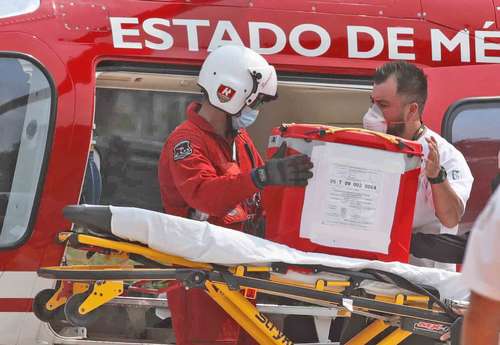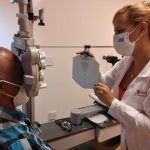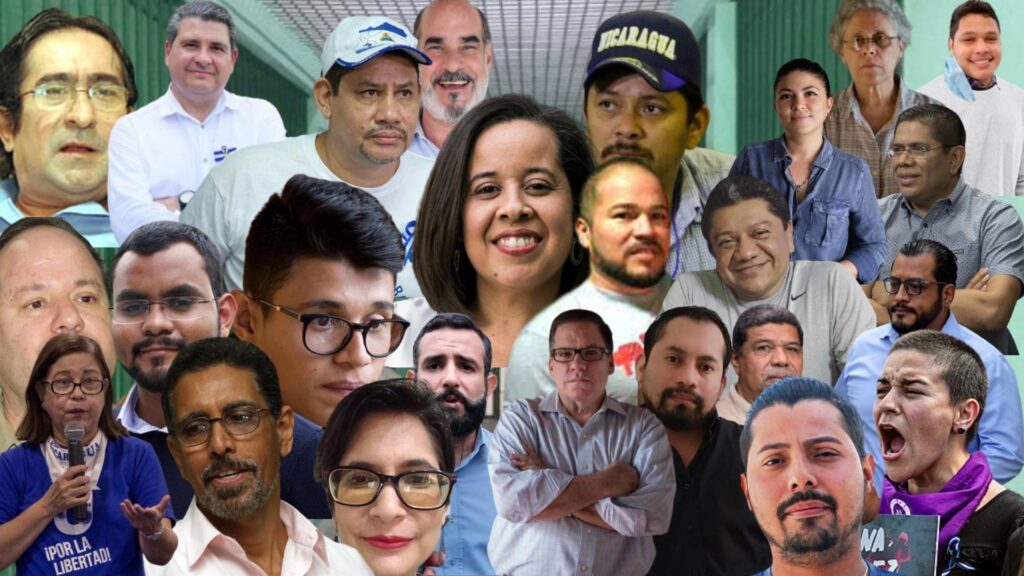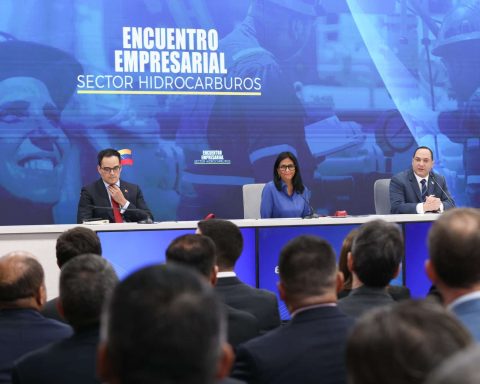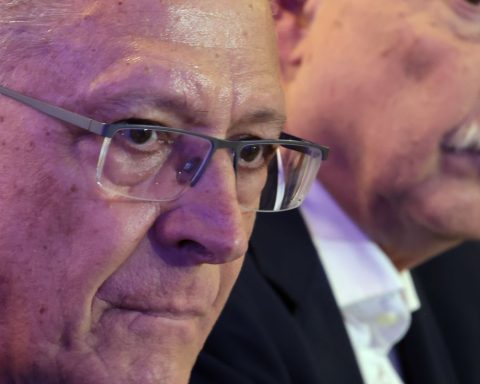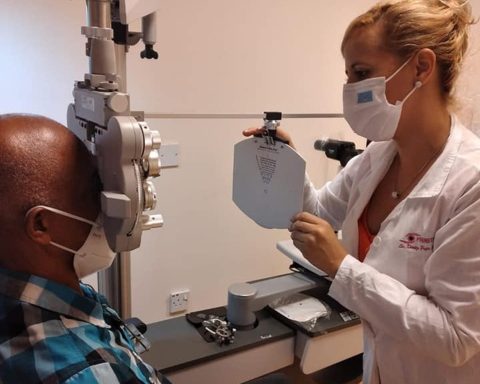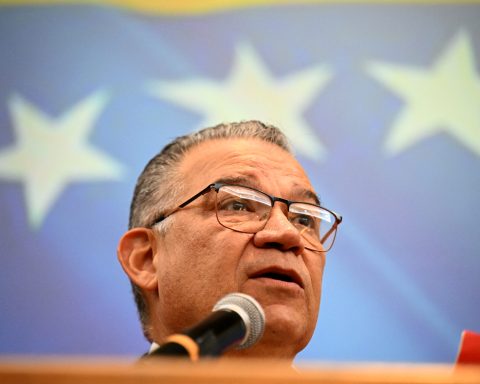▲ A decalogue for health professionals will be disseminated. In the image, transfer of organs to the IMSS hospital.Photo Victor Camacho
Laura Poy Solano
Newspaper La Jornada
Saturday July 30, 2022, p. 8
In collaboration with the Pan American Health Organization, the Ministry of Health (Ssa) and the National Transplant Center (Cenatra) presented the National Campaign for the Prevention of Trafficking in Organs, Tissues and Transplant Tourism, in order to inform and raise awareness among the population on this global problem.
The World Health Organization (WHO) estimates that each year, 10 percent of transplants in the world are illicit. According to data from the Global Observatory on Donation and Transplantation, 129,000 procedures were carried out in 2020, a figure that represents only one patient out of 10 waiting for an organ.
Salvador Aburto Morales, director of Cenatra, stressed that any surgery of this type must be done in fairness, transparency, legality and respect for human rights. He stressed that it is a priority that society understand the importance of these procedures, and that they must always be given altruistically, in conditions of absolute transparency, following national and international protocols that prevent organ trafficking and transplant tourism
.
Failures in procedures
In turn, Cofepris reported in a videoconference that the most frequent irregularities detected are the lack of formalization and operation of the Donation and Transplant Committee; the correct completion of the informed consent, especially when dealing with corpses, and the lack of non-profit session minutes before a notary public.
Cenatra supervises and identifies failures and notifies Cofepris, in order to, depending on the case, establish a surveillance program, issue an opinion and follow up, as well as determine whether administrative sanctions will be applied or a complaint will be filed with the Attorney General’s Office of the Republic (FGR).
Aburto Morales added that the national campaign is the only one of its kind in the region of the Americas, since a decalogue will be disseminated for health professionals who participate in donation and transplant activities.
Among other aspects, it includes that all procurement and use of organs and tissues will be carried out strictly free of charge, adhering to the principles of altruism, non-profit and confidentiality
. They are also requested not to participate in donation or transplant processes. if they have been obtained illegally or if they have been improperly paid
.
Antonio Gastón, head of the Specialized Unit for the Investigation of Trafficking in Minors, Persons and Organs of the FGR, reiterated the importance of promoting the culture of reporting, which can be anonymous, in order to prosecute these crimes, and prevent networks traffickers profit from those who exploit to make use of their organs.
